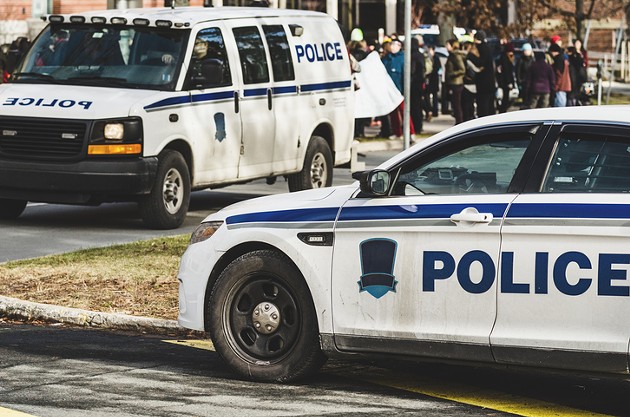A report before Monday’s meeting of the Board of Police Commissioners is recommending several new efforts to improve the police department’s continued use of street checks.
New deputy chief Robin McNeil is planning to oversee a privacy impact assessment and policy review on the controversial practice of collecting data on residents who haven’t committed any crimes, and develop new training for Halifax Regional Police officers on “fair and impartial policing.”
An investigation by CBC back in January
Despite this, the department has no plans to stop the practice, which HRP officers say makes up a vital part of how they investigate crimes. Internal personnel interviewed by research coordinator Chris Giacomantonio claim the street check records are used “in virtually every investigation process.”
External discussions held by the department with the African Nova Scotian community haven't been as positive. Along with tense public meetings, sociologist Robert Wright also recently visited with police brass to detail the “multigenerational trauma” of racism and how the simple presence of uniformed officers “can sometimes be interpreted as an affront or an insult by some community members who view police as occupiers.”
The new report says those community discussions will continue, and that HRP will develop new education material about citizens’ rights when interacting with police.
It's also recommending the department make changes to its retention policy because the collected street check data is kept “too long.” The quality of those non-criminal records is also “highly variable,” with many being entered into HRP's Versadex computer system with “little or no information of probative value.”
As reporter Kaila
Giacomantonio’s research on the effectiveness of the street checks and their racial bias is now paused while the Nova Scotia Human Rights Commission locates some statistical and criminal justice experts to independently review the data.
Meanwhile, Monday's meeting will also see the Board of Commissioners vote on the terms of reference and membership for HRP’s new Police Diversity Working Group. The assembled team will act in an advisory role on matters of community policing, diversity and inclusion. The proposed membership is shown below.


